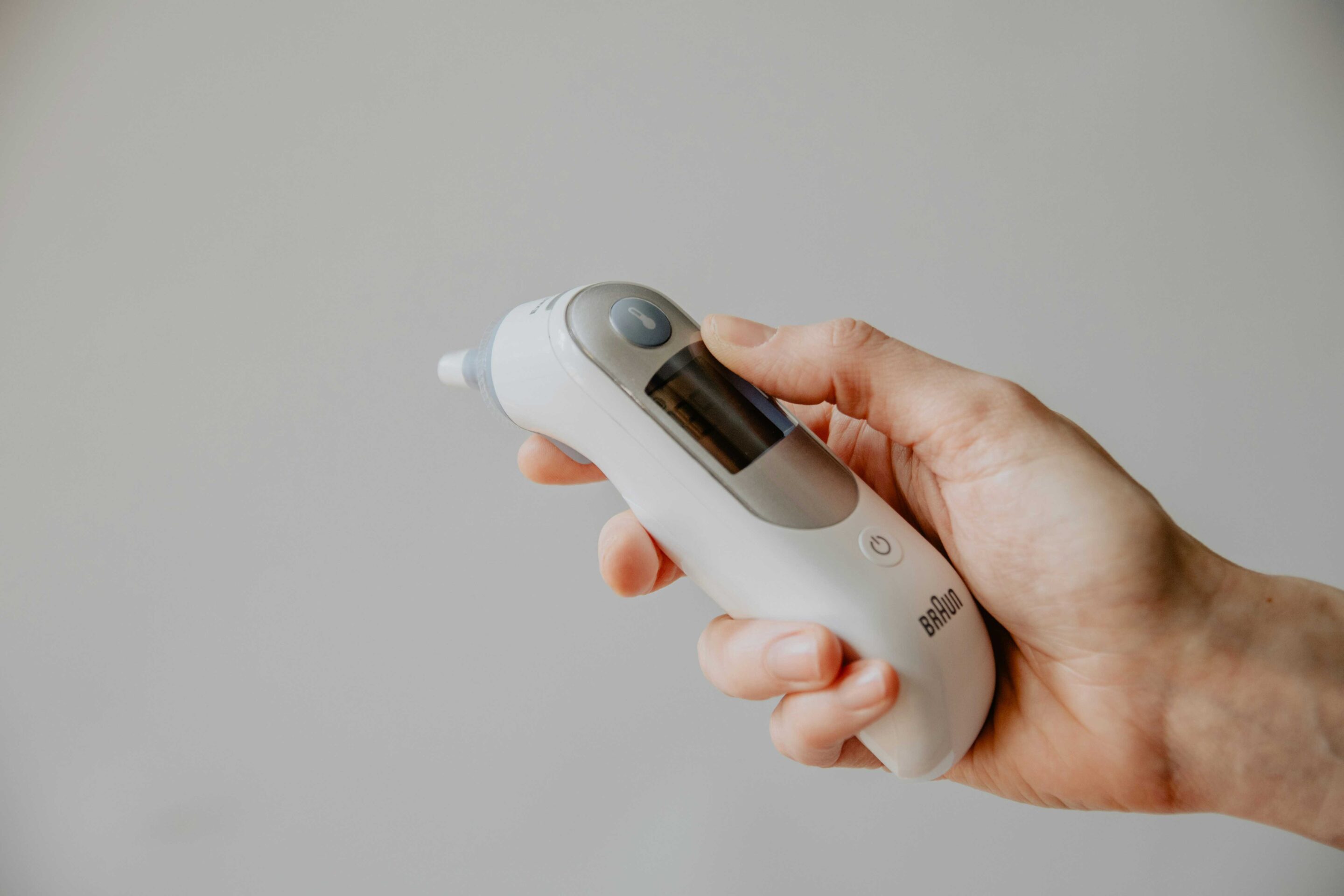Introduction:
In recent years, at-home health care has emerged as a pivotal component of the healthcare landscape, offering individuals the opportunity to receive medical and supportive services within the comfort of their own homes. This approach not only enhances patient satisfaction but also contributes to improved health outcomes and reduced healthcare costs. In this comprehensive article, we will explore the various facets of at-home health care, including its benefits, services, technological advancements, and the challenges it faces.
The Growing Demand for At-Home Health Care
The global home health care market has experienced significant growth over the past decade. According to a report by World Metrics, the market is projected to grow at a compound annual growth rate (CAGR) of 7.9% from 2021 to 2028. This surge is primarily driven by an aging population, a rise in chronic diseases, and a preference for aging in place. In the United States, the number of individuals aged 65 and older is expected to reach 98 million by 2060, effectively doubling the current senior population. Worldmetrics 1Gitnux.org Homecare.
Benefits of At-Home Health Care
-
Personalized Care: At-home health care allows for tailored care plans that address the unique needs of each patient. This individualized approach often leads to better health outcomes and higher patient satisfaction.
-
Cost-Effectiveness: Home care is often more affordable than hospital or nursing home care. It can reduce hospital readmission rates by up to 25%, leading to significant cost savings for both patients and healthcare systems. Care 365 Homecare+1Eminence Home Care+1
-
Improved Quality of Life: Receiving care in a familiar environment can enhance a patient’s overall well-being. Approximately 80% of seniors who receive home care report that it has improved their quality of life. Marton Care
-
Reduced Hospitalizations: Home health care services have been shown to reduce hospital readmission rates by up to 25%, contributing to better patient outcomes and decreased healthcare costs. Eminence Home Care+1Worldmetrics+1
Comprehensive Services Offered
At-home health care encompasses a wide range of services designed to meet the diverse needs of patients:
-
Skilled Nursing Care: Registered nurses provide medical care such as wound dressing, medication administration, and monitoring of vital signs.
-
Physical Therapy: Therapists assist patients in regaining mobility and strength after surgeries or injuries.
-
Occupational Therapy: This service helps patients relearn daily activities and improve their functional abilities.
-
Speech Therapy: Therapists work with patients to address speech, language, and swallowing disorders.
-
Personal Care Assistance: Caregivers aid with activities of daily living (ADLs) such as bathing, dressing, and meal preparation.
-
Medical Social Services: Social workers provide counseling and connect patients with community resources.
A Leader in At-Home Health Care
One prominent provider in this sector is Right at Home, a company dedicated to improving the quality of life for those they serve. They offer an array of services, including:
-
Companion Care: Assistance with daily activities and providing social interaction.
-
Personal Care: Support with hygiene, mobility, and other personal needs.
-
Specialty Care: Tailored services for individuals with chronic conditions like Alzheimer’s or Parkinson’s disease.
Telemedicine: Virtual Healthcare at Your Fingertips
Telemedicine has reshaped patient-doctor interactions by enabling remote consultations through video calls, AI chatbots, and virtual health platforms. Services like Teladoc and Amwell provide medical advice, prescriptions, and mental health support from anywhere.
Tradeoffs:
- Pros: Convenient, cost-effective, and ideal for rural areas.
- Cons: Limited physical examinations, potential misdiagnoses.
- Challenge: Ensuring stable internet access for underserved populations.
Continuous Monitoring for Better Outcomes
Wearable Health Tech Devices like smartwatches and fitness trackers monitor heart rate, blood oxygen levels, and detect irregular heart rhythms. More advanced tools, such as Dexcom G7 for glucose monitoring, offer real-time health tracking and early warning systems.
Tradeoffs:
- Pros: 24/7 monitoring, proactive alerts for health risks.
- Cons: Data overload, potential false alarms causing anxiety.
- Challenge: Standardizing accuracy and ensuring data security.
AI-Powered Diagnostics
AI Diagnostics Artificial Intelligence analyzes medical images and symptoms to detect diseases like cancer and diabetes at early stages. AI-driven platforms like Babylon Health provide preliminary diagnoses based on user inputs.
Tradeoffs:
- Pros: Quick and efficient, reduces clinician workload.
- Cons: Potential biases in AI algorithms, lack of human empathy.
- Challenge: Regulating AI to ensure diagnostic accuracy.
Smart Home Medical Devices
Smart Home Medical Devices Voice assistants like Amazon Alexa remind patients to take medication, while smart pill dispensers automate doses. Fall-detection sensors notify caregivers immediately in case of accidents.
Tradeoffs:
- Pros: Supports aging-in-place, reduces caregiver stress.
- Cons: High initial costs, usability issues for seniors.
- Challenge: Combining automation with human-centered care.
Remote Patient Monitoring (RPM)
Remote Patient Monitoring RPM systems track chronic conditions like hypertension and heart failure using Bluetooth-enabled devices. Healthcare providers can monitor patient data in real time and intervene before emergencies occur.
Tradeoffs:
- Pros: Reduces hospital readmissions, personalizes care.
- Cons: Requires patient compliance, potential cybersecurity risks.
- Challenge: Integrating RPM data with existing healthcare infrastructure.
Improving Patient Care Efficiency
The Future Health Care Technology Solution Innovative home health care technology solutions are making remote healthcare more effective. Smart monitoring devices, connected medication management systems, and AI-powered analysis tools help patients and caregivers streamline care delivery, ensuring timely interventions and better health management.
Tradeoffs:
- Pros: Increased efficiency, improved patient outcomes.
- Cons: Initial costs, digital literacy barriers.
- Challenge: Ensuring interoperability between various healthcare systems.
Smart Home Technology for Health and Social Care Support
Future Healthcare Technology and Social Care Support Advancements in smart home technology are enhancing health and social care support. From automated health monitoring systems to voice-activated emergency response features, these technologies enable individuals—especially seniors and disabled patients—to live independently while staying connected to their caregivers.
Tradeoffs:
- Pros: Enhances independence, reduces caregiver burden.
- Cons: Privacy concerns, potential reliance on automation.
- Challenge: Ensuring security and seamless integration into daily routines.
Faster Data Transmission for Critical Cases
5G Emergency Tech With 5G networks, emergency responders can receive real-time patient data, enabling quicker, more informed decision-making en route to hospitals.
Tradeoffs:
- Pros: Reduces ER congestion, improves emergency care.
- Cons: Infrastructure gaps in rural areas, potential reliability issues.
- Challenge: Ensuring seamless communication between devices and hospitals.
Balancing Convenience with Privacy
Health Data Security As healthcare technology collects vast amounts of patient data, privacy concerns grow. Encryption tools help protect sensitive information, but many patients trade privacy for convenience.
Tradeoffs:
- Pros: Enables personalized care through data sharing.
- Cons: Risk of data breaches, misuse by third parties.
- Challenge: Implementing universal data protection standards.
Technology in At-Home Health Care: A Look into the Future
Future Healthcare Technology in Home Health Care The role of technology in home health care is rapidly expanding. AI-driven home assistants, remote health monitoring, and telehealth solutions provide comprehensive care to patients, reducing the need for hospital visits and empowering individuals to manage their health effectively.
The Future Healthcare Technology Tradeoffs
- Pros: Reduces hospitalization, enhances personalized care.
- Cons: Requires continuous updates and maintenance.
- Challenge: Ensuring affordability and ease of use for all demographics.
Balancing Innovation with Ethics
The success of at-home healthcare technology depends on three key factors:
- Smarter Devices – AI-driven, intuitive tools that enhance patient outcomes.
- Affordability – Widening access to ensure inclusivity across all demographics.
- Trust – Transparent data policies and human oversight to complement automation.
While AI and wearable devices empower patients, they cannot replace human connection, critical thinking, and the expertise of healthcare professionals. Ensuring that at-home healthcare solutions are both effective and ethical will require collaboration between tech developers, healthcare providers, and policymakers.
Conclusion
At-home health care plays a crucial role in delivering personalized, cost-effective, and high-quality care to individuals in the comfort of their homes. As the industry continues to grow and evolve, embracing technological advancements and addressing workforce challenges will be essential to meet the increasing demand. By focusing on these areas, at-home health care can






